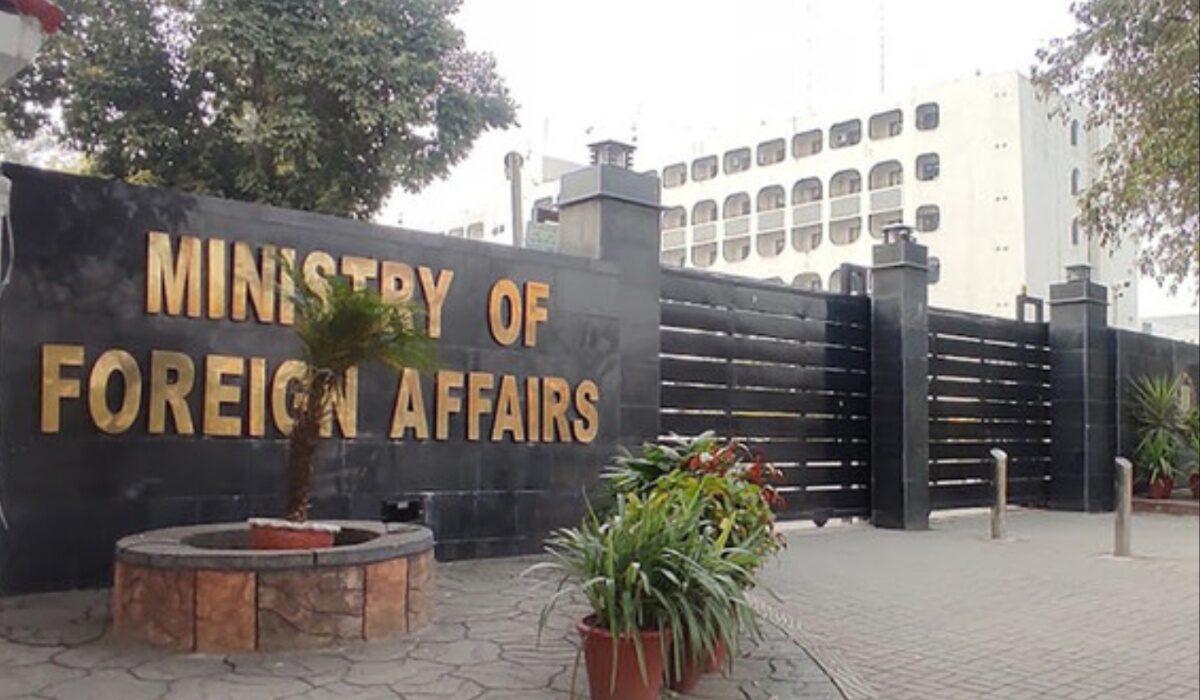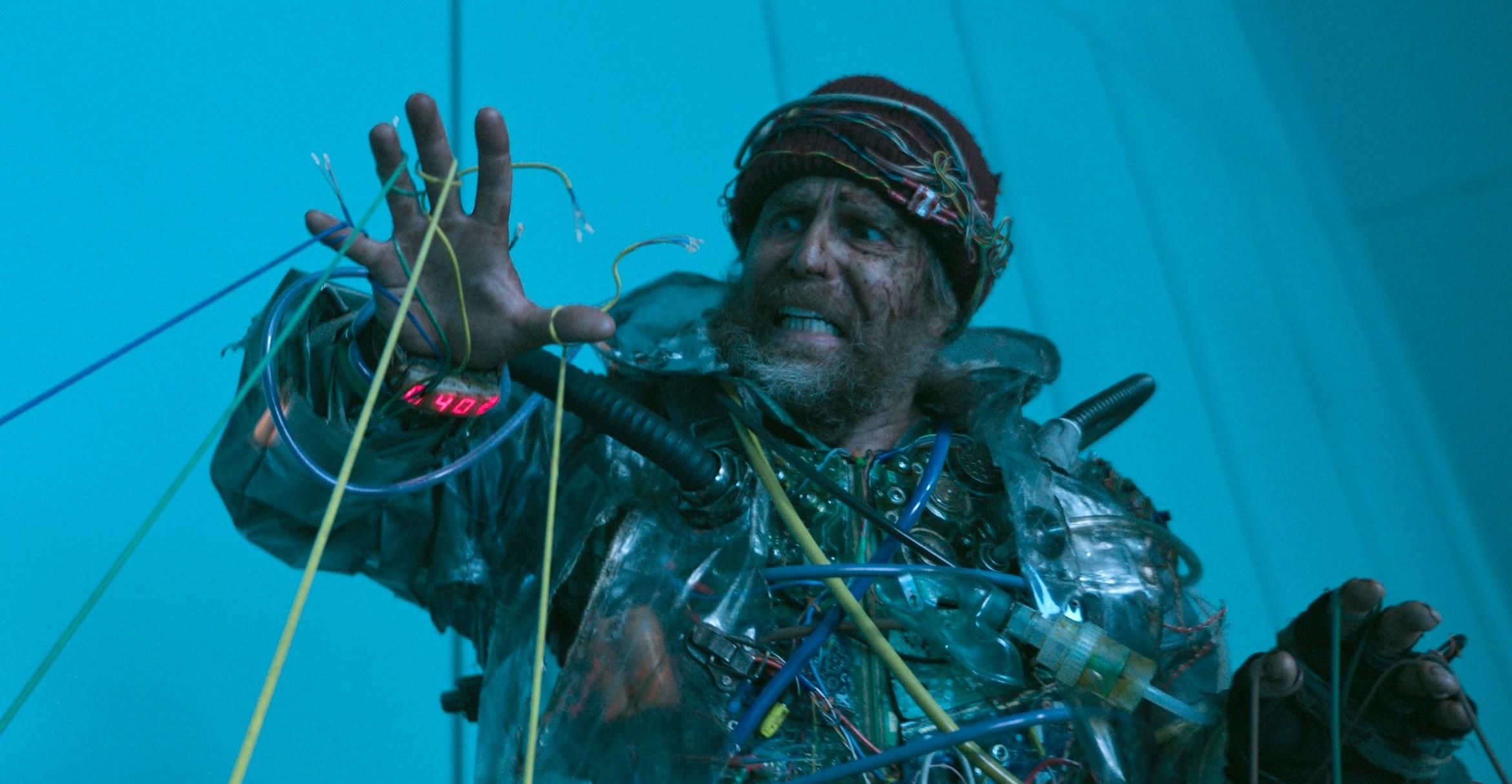Parliamentary committee be formed to discuss defence budget, Senator Rabbani suggests
The PPP leader says Pakistan must not take dictation from IMF or WB

Islamabad: Pakistan Peoples Party Senator Raza Rabbani Tuesday suggested the formation of a parliamentary committee to look into the defence budget, saying the budgetary allocations for the military had never been considered for a discussion in the parliament.
The Senator was speaking during the Senate session.
Realizing that he was aware of the sensitivity of the matter, Rabbani said the existing Parliamentary Committee on Defence must first see the defence expenditure that includes oil and related spending threadbare and once the committee's confidence level increases, the capital expenditure must also be looked into.
He proposed that a parliamentary committee on intelligence be formed, with the authority to look into the defence budget, saying such committees existed all over the world.
The PPP leader was also of the view that Pakistan must not take dictation from the International Monetary Fund (IMF) or the World Bank (WB).
He said there were reports that the IMF was not happy with the "relief" given by the government in the budget for the fiscal year 2022-23.
"If the IMF is adamant on its condition then we must tell it that we will only consider the budget for approval that was actually presented," Rabbani said.
The Senator recalled that the conditions agreed to with the IMF in 2018 included a hike in the prices of electricity, gas and petrol as well as privatisation of various organisations.
Seeking the disclosure of the 2018 IMF agreement before the parliament, Rabbani said the incumbent government must enter an accord with the global lending agency afresh.
On June 10, Finance Minister Miftah Ismail said the defence services were allocated Rs1,523 billion, which makes up 17.5pc of the total current expenditure and is 11.16pc higher than last year.

Gold, sliver prices surge in Pakistan, global markets
- ایک گھنٹہ قبل
Karachi AC survives petrol bomb assault in Lea Market
- 18 گھنٹے قبل
T20 World Cup: Pakistan continuing batting against Namibia
- 30 منٹ قبل

Pakistan, Bangladesh vow to work for regional peace, stability
- 18 گھنٹے قبل

Trump’s biggest war is one he almost never talks about
- 8 گھنٹے قبل

Credit card theft, penis injections, and other weird scandals from the 2026 Olympic Games
- 8 گھنٹے قبل

Samsung ad confirms rumors of a useful S26 ‘privacy display’
- 10 گھنٹے قبل

Microsoft says it is on pace to invest $50bn in ‘Global South’ AI push
- ایک گھنٹہ قبل

How the left taught the right to hate white women
- 8 گھنٹے قبل

Is Grindr Dead?
- 8 گھنٹے قبل
Ramazan moon sighted in Saudi Arabia, UAE; first fast tomorrow
- 18 گھنٹے قبل

How to un-Big Tech your online life
- 10 گھنٹے قبل









